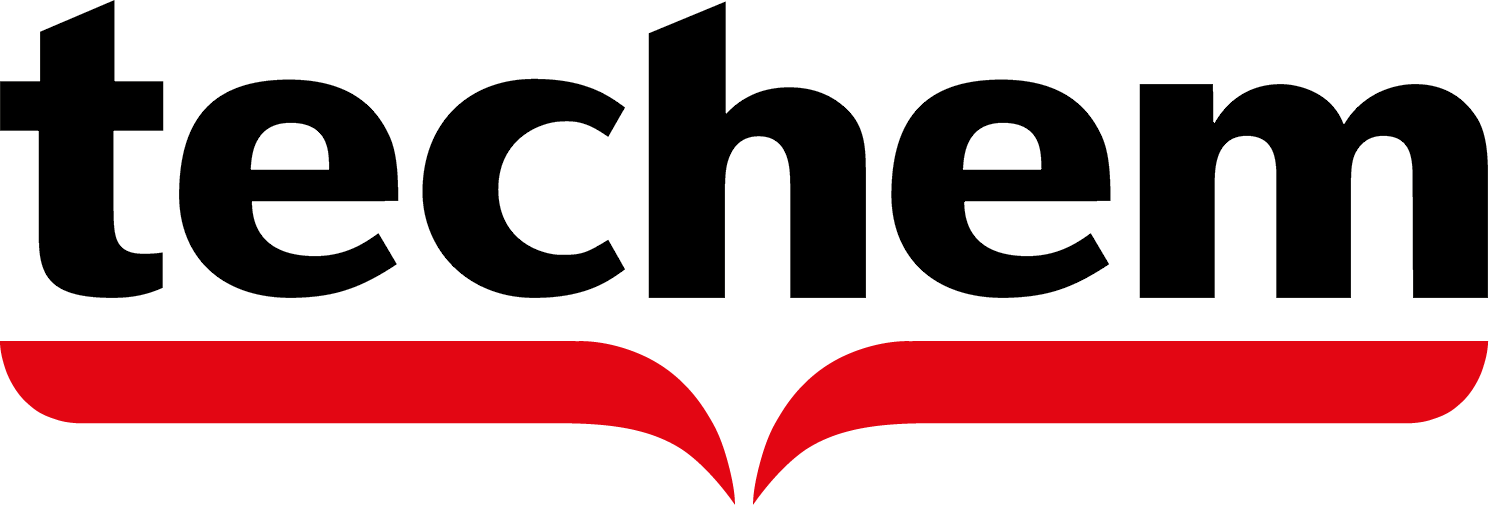Press Releases - 19.07.2023
Techem survey: Large majority of landlords plan energy refurbishments
- Optimization of the heating system, along with insulation and investments in photovoltaics, considered the preferred measure
- Energy and cost savings the strongest motivation for energy refurbishment
- Up to 60 percent of those renting privately and up to 82 percent of those renting for business would like more support in the process
Eschborn, July 19, 2023 – Politicians are ambitious when it comes to climate protection in buildings: At both the European and federal level, various legislative proposals are being discussed for the conversion to renewable heating concepts, energy-related renovation obligations, and the use of photovoltaic systems. The question of reasonable investment sums for climate-friendly conversion also plays a key role. Energy refurbishment represents an important and, at the same time, often cost-intensive step with regard to the energy efficiency of properties. A study by the energy service provider Techem shows that the vast majority of landlords (94 percent business vs. 76 percent private) plan to implement energy refurbishment measures in the near future.
Green energy generation as part of energy refurbishments
Business landlords who already have concrete measures in mind (56 percent) mainly plan to replace the heating system (64 percent) or optimize it (57 percent) and to insulate facades (64 percent) and roofs (61 percent). In addition to these classic measures, one in four states that they want to invest in the installation of a photovoltaic system. Among private landlords, 29 percent of whom already have concrete plans, this measure even comes in first place (58 percent), ahead of the replacement of heating systems (53 percent) and the insulation of facades (46 percent) and roofs (40 percent).
A positive signal – after all, evaluations by Techem1 show that a large percentage of multi-family houses in Germany still have energy efficiency that needs improvement: “A combination of appropriate thermal insulation, CO₂-friendly energy generation and the use of low-investment, digital solutions is rated as particularly effective by industry experts,” says Matthias Hartmann, CEO of Techem. “In this context, in view of the volatility in renewable energy generation, energy savings in particular as well as improved energy efficiency are considered key elements in the energy and climate crisis.”
Landlords want to save energy and costs
This change in understanding is also reflected in the reasons why landlords carry out energy refurbishment measures: Energy savings (58 percent business vs. 53 percent private) and savings on associated costs (48 percent business as well as private) are cited most frequently, ahead of classic incentives such as value retention (42 percent business vs. 41 percent private) or value enhancement (38 percent business vs. 37 percent private). By far the biggest hurdle is the high financial outlay – cited by two-thirds of respondents (66 percent business vs. 64 percent private).
This is where low-investment digital measures, such as Techem’s Digital Boiler Room, can make a contribution to saving CO₂-emissions. After all, only one in five heating systems is optimally adjusted and dimensioned. Often, this setting is not adjusted even after energy-saving renovations or a heating system replacement – in practice, this means that the system delivers more power than is needed. For example, the energy consumption of apartment buildings could be reduced by an average of 15 percent by installing intelligent control of heating systems.2 In a Digital Boiler Room, temperature and meter values are recorded digitally, malfunctions are detected very quickly, and energy-saving potential is determined on the basis of AI.
The demand for individual consulting is high
At the same time, there is a great desire for more support. “Our survey shows that there is an enormous need for information on energy-efficient renovations and for advice on appropriate measures for one’s own property, as well as on the complex legal requirements. This was stated by 80 percent of those renting for business purposes and around 60 percent of those renting privately,” Hartmann explains. “Here, I see energy service providers like Techem as having a responsibility to offer even more targeted support and advice and to educate about the benefits of smart solutions.” By creating more transparency and thus awareness about one’s own consumption, the latter can further reduce energy consumption and establish renewable energies on a broad scale. For Techem, digital solutions are therefore the key to the success of the heat transition in buildings.
¹ Consumption parameters 2021 – study by Techem Energy Services GmbH (German only)
² BaltBest – “Influence of operational management on the efficiency of old heating systems in existing buildings,” funded by the German Federal Ministry for Economic Affairs and Energy, May 2021
About Techem
Techem is a leading service provider for smart and sustainable buildings. The company's services cover energy management and resource conservation, residential health and process efficiency in real estate. Founded in 1952, the company is now active in 18 countries with around 4,300 employees and services more than 13 million homes. Techem offers efficiency improvements along the entire value chain of heat and water in real estate. As the market leader in remote radio detection of energy consumption in homes, Techem continues to drive networking and digital processes in real estate. Modern radio smoke detectors with remote inspection and services related to improving drinking water quality in properties complement the solution portfolio for the housing industry. For more information, visit www.techem.com/corp/en.
